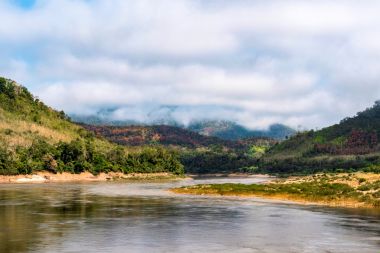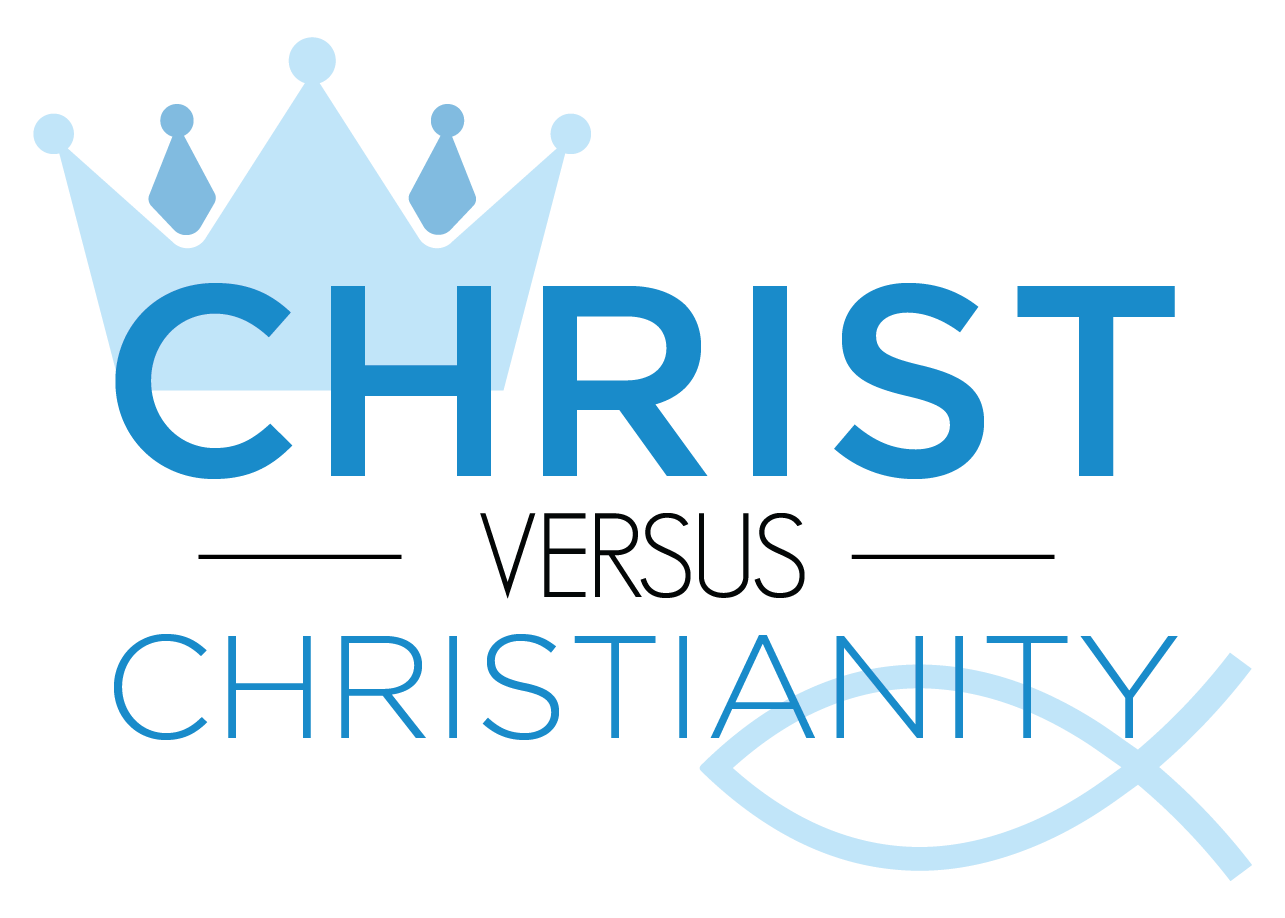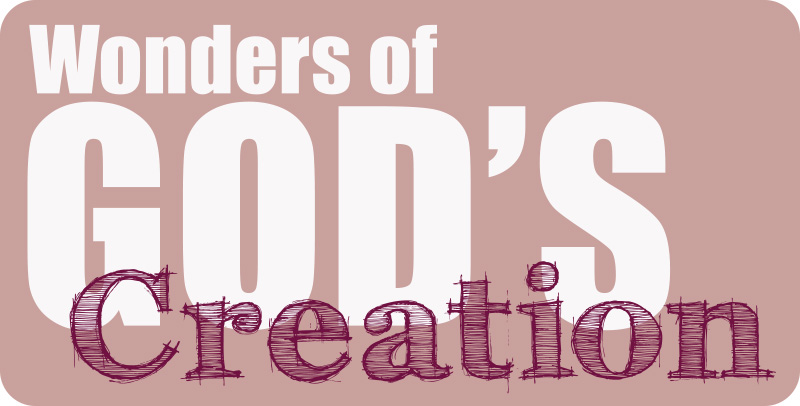
By the Way
Diverting the Mekong
The Asian river that once symbolized death and destruction, traded meanings when a life-changing event occurred in its waters.
The Mekong—it’s one of those mysteriously exotic names. A name I remember hearing on the nightly news during the Vietnam War when I was a child. From its headwaters on the Tibetan Plateau, the world’s 12th longest river flows some 2,700 miles through Burma, Laos, Thailand, Cambodia and, finally, Vietnam, where the river delta empties into the South China Sea.

When I lived on the Thai side of the river, the brown water represented danger. On the far bank was communist-controlled Laos, a client state of the Soviet Union and an enemy of Thailand. We would hear Soviet-built military helicopters thunder over the jungle as they flew in and out of Huay Xai. Laotian and Thai soldiers exchanged gunfire across the river. Both banks were under constant surveillance.
Some of my Laotian refugee students, among the Hmong, Yao, Lao Tueng and Lahu hill tribes, would occasionally disappear from my English classes for days at a time. Other students would tell me with a wink, “They went swimming.” They were across the Mekong, fighting an ongoing guerrilla war. Several mischievously invited me to go on a foray with them, but I was committed to a different mission.
From death to life
One day, however, the river that represented war and its attendant suffering to millions of people, took on a joyous overtone in my life. While communist sentinels watched through binoculars, a pastor asked me if I had repented of my sins and accepted Jesus Christ as my Savior. When I replied that I had, he immersed me in the waters of the Mekong. Then he laid his hands on my head and asked God to grant me the gift of the Holy Spirit.
It was the formal beginning of my life as a Christian. It was a new start, a necessary milestone on the road to eternal life.
The Bible explains that God wants to give us the free gift of eternal life (Romans 6:23). But since the wages of sin is death, and since we all have sinned (Romans 3:23), we are not eligible for that gift until the penalty is paid and an amnesty applied.
The penalty was paid for all mankind at Christ’s crucifixion. The forgiveness is granted, individually, at the moment of baptism. As Peter explained on the Day of Pentecost: “Repent, and let every one of you be baptized in the name of Jesus Christ for the remission of sins; and you shall receive the gift of the Holy Spirit” (Acts 2:38).
What about you?
If you have been baptized, I’m sure you remember your day as I remember mine. If you have not yet been baptized, as the Bible instructs us, may I ask why not? Are you waiting for something? To be good enough, spiritual enough, to have your life completely in order? Those are not good reasons. Baptism is for sinners seeking a new life. It’s for the imperfect, not the perfect.
If you don’t know where to start, you can write us here at Discern. We can help you find answers to any questions you may have about baptism and living the Christian life, and we can put you in touch with a pastor who can guide you through the process. Then you can formally put your life in God’s hands and receive His free gifts. It’s the most important decision you can make in this life because the consequences are eternal.
As the Mekong traded meanings for me, so baptism sets us on a different path, from death toward life.
—Joel Meeker
@JoelMeeker



